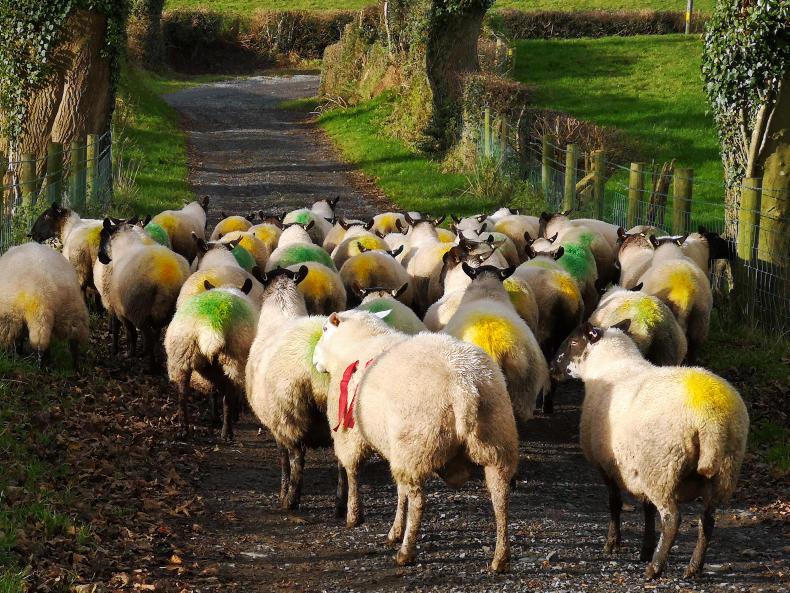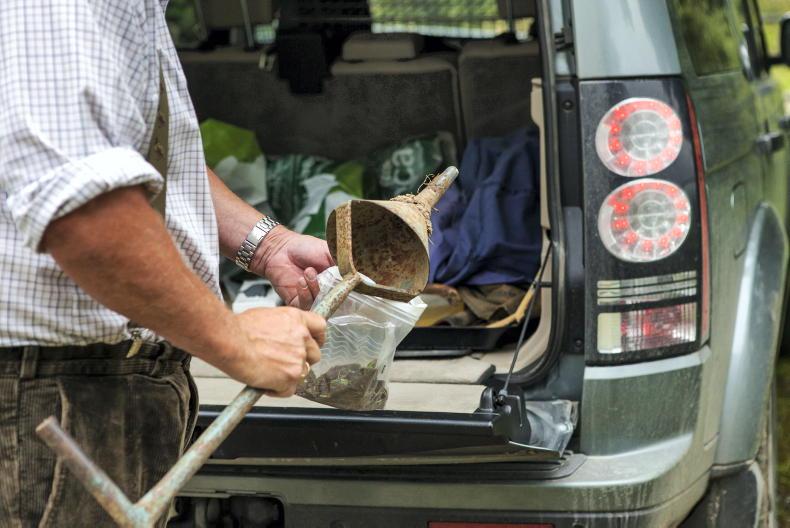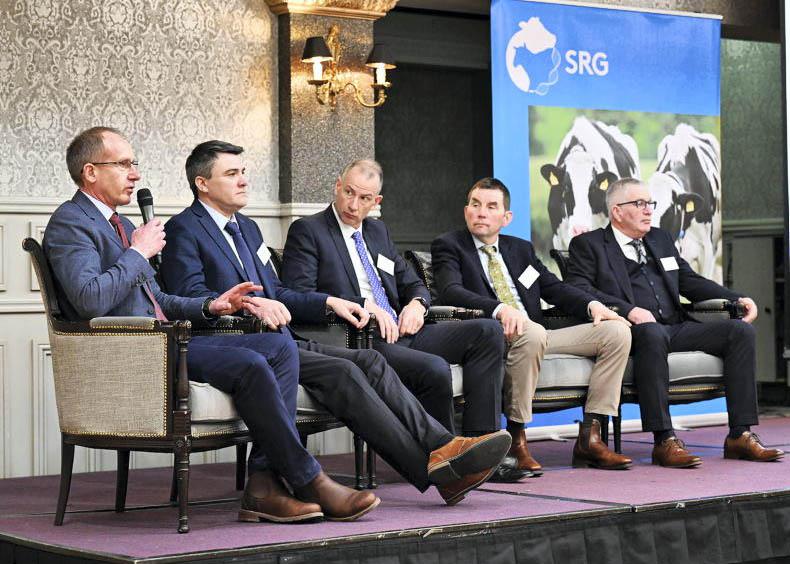An internal discussion has been held within DAERA on the potential tensions that could exist between productive agriculture and environmental controls, senior department staff told the Stormont Agriculture committee last Wednesday.
Describing it as being “like a year of family therapy”, DAERA permanent secretary Dr Denis McMahon talked about the need to improve efficiencies on farms and the potential to derive profits from slightly different production models that deliver environmental outcomes. “We haven’t had discussions about reducing overall levels of production,” he said in reply to a question from Green Party MLA Clare Bailey.
Agriculture [in NI] is operating way beyond capacity
She had put it to DAERA’s top civil servant that the “green growth” plan announced by Agriculture Minister Edwin Poots last Tuesday would be impossible to deliver, and suggested that agriculture in NI needs to significantly downsize. “Agriculture [in NI] is operating way beyond capacity, and that is to meet export markets,” the south Belfast MLA suggested.
DAERA deputy secretary Norman Fulton put it to Bailey that we shouldn’t protect our environment simply by imposing a cost on the environment in a different country. “If we can produce quality food at a lower environmental footprint than somebody else, then that is something we should seriously consider doing. It is one world,” he said.
Plan
The DAERA top brass were at the committee to outline their business plan for the 2020/21 year. It has been produced against a backdrop of Brexit, coronavirus and plans for “green growth”, identifying 16 key areas of work for the department. Around half of these have an environmental focus, acknowledged McMahon.
It gives you a sense of what is possible
As an example of how environmental issues could change wider society into the future, he highlighted how 2,500 DAERA staff are currently working from home as a result of the coronavirus lockdown. Over a 35-day period these staff would normally travel a total of 2m miles getting to work. Collectively it is a reduction in emissions of 445t of CO2, which would take 500 trees 40 years to absorb from the atmosphere. “It gives you a sense of what is possible,” said McMahon.
While the change to home working has brought environmental benefits, it has been driven by the coronavirus lockdown, with McMahon acknowledging that the need for social distancing means the department will not be able to bring people back to offices any time soon.
“Part of working now is going to be home working – there will be challenges, but huge benefits if we get it right,” he said.
Read more
Poots sets out new 'green growth' plan
Stark NI ammonia study published
An internal discussion has been held within DAERA on the potential tensions that could exist between productive agriculture and environmental controls, senior department staff told the Stormont Agriculture committee last Wednesday.
Describing it as being “like a year of family therapy”, DAERA permanent secretary Dr Denis McMahon talked about the need to improve efficiencies on farms and the potential to derive profits from slightly different production models that deliver environmental outcomes. “We haven’t had discussions about reducing overall levels of production,” he said in reply to a question from Green Party MLA Clare Bailey.
Agriculture [in NI] is operating way beyond capacity
She had put it to DAERA’s top civil servant that the “green growth” plan announced by Agriculture Minister Edwin Poots last Tuesday would be impossible to deliver, and suggested that agriculture in NI needs to significantly downsize. “Agriculture [in NI] is operating way beyond capacity, and that is to meet export markets,” the south Belfast MLA suggested.
DAERA deputy secretary Norman Fulton put it to Bailey that we shouldn’t protect our environment simply by imposing a cost on the environment in a different country. “If we can produce quality food at a lower environmental footprint than somebody else, then that is something we should seriously consider doing. It is one world,” he said.
Plan
The DAERA top brass were at the committee to outline their business plan for the 2020/21 year. It has been produced against a backdrop of Brexit, coronavirus and plans for “green growth”, identifying 16 key areas of work for the department. Around half of these have an environmental focus, acknowledged McMahon.
It gives you a sense of what is possible
As an example of how environmental issues could change wider society into the future, he highlighted how 2,500 DAERA staff are currently working from home as a result of the coronavirus lockdown. Over a 35-day period these staff would normally travel a total of 2m miles getting to work. Collectively it is a reduction in emissions of 445t of CO2, which would take 500 trees 40 years to absorb from the atmosphere. “It gives you a sense of what is possible,” said McMahon.
While the change to home working has brought environmental benefits, it has been driven by the coronavirus lockdown, with McMahon acknowledging that the need for social distancing means the department will not be able to bring people back to offices any time soon.
“Part of working now is going to be home working – there will be challenges, but huge benefits if we get it right,” he said.
Read more
Poots sets out new 'green growth' plan
Stark NI ammonia study published










SHARING OPTIONS